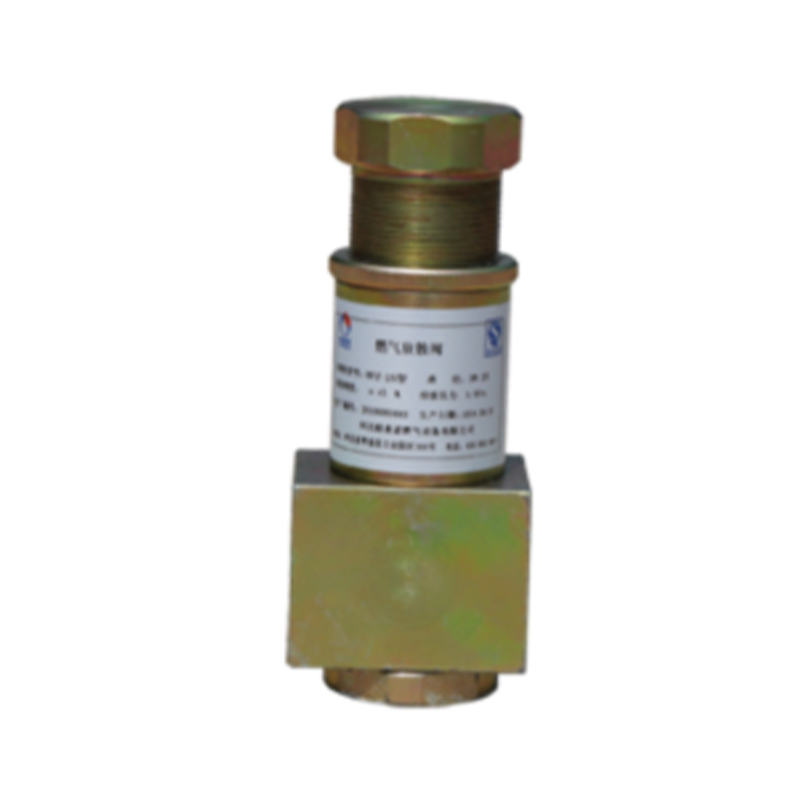
Oct . 14, 2024 02:51
Back to list
Innovative Designs and Applications of Heat Exchangers in Modern Industries
Understanding Heat Exchangers Types, Applications, and Importance
Heat exchangers are crucial devices in various industries, playing an essential role in the transfer of heat between two or more fluids at different temperatures. These systems help to maximize energy efficiency, reduce costs, and improve performance across a range of applications, from industrial processes to residential heating. Understanding the types of heat exchangers, their applications, and the importance of their efficient operation is vital in today's technology-driven world.
What is a Heat Exchanger?
A heat exchanger is a device designed to transfer heat from one medium to another without mixing the two fluids. The mediums can be gases, liquids, or a combination of both. The fundamental principle behind a heat exchanger is simple heat moves from a hotter medium to a cooler one. By enabling this transfer, heat exchangers help maintain optimal processing temperatures and promote energy efficiency in a range of systems.
Types of Heat Exchangers
Heat exchangers come in various designs, each engineered for specific applications and requirements. Here are some of the most common types
1. Shell and Tube Heat Exchanger This is one of the most widely used types, consisting of a series of tubes, one set carrying the hot fluid while the other carries the cold fluid. The heat transfer occurs through the tube walls. Shell and tube heat exchangers are elegant in design and can handle high pressures and temperatures, making them suitable for industrial applications.
2. Plate Heat Exchanger Comprising thin plates stacked together, this type allows for efficient heat transfer due to a large surface area. The fluids flow in alternate directions, enhancing heat exchange. Plate heat exchangers are more compact than shell and tube designs and are commonly used in food processing, HVAC, and petrochemical industries.
3. Air-Cooled Heat Exchanger Instead of using water or another fluid, air-cooled heat exchangers utilize ambient air to dissipate heat. They are especially useful in industries where water is scarce or expensive. Common applications include power plants and refineries.
4. Double-Pipe Heat Exchanger As the name suggests, this design consists of one pipe inside another, with one fluid flowing through the inner pipe and the other in the outer pipe. While less efficient than plate or shell and tube exchangers, double-pipe heat exchangers can be cost-effective for lower flow rates.
heat exchanger

Applications of Heat Exchangers
Heat exchangers are invaluable across many sectors
- Food and Beverage Industry They play a vital role in pasteurization and refrigeration, where maintaining precise temperature controls is essential for food safety and quality.
- Oil and Gas Industry Used in refineries and petrochemical plants, heat exchangers facilitate the efficient conversion of crude oil into usable fuels and chemicals.
- Power Generation In power plants, they recover waste heat and use it to improve energy efficiency, contributing to greener energy production.
- HVAC Systems Heat exchangers are fundamental in heating, ventilation, and air conditioning systems, helping to regulate building temperatures to enhance comfort and minimize energy use.
Importance of Efficiency
The efficiency of heat exchangers is a critical consideration in engineering and environmental contexts. Inefficient heat exchangers can lead to increased operational costs, energy waste, and higher greenhouse gas emissions. Regular maintenance, appropriate design selection, and understanding the specific requirements of an application can help optimize performance and extend the lifespan of these devices.
Conclusion
In summary, heat exchangers are integral to the efficient operation of diverse industrial and residential systems. By facilitating the transfer of heat between fluids, they help improve energy efficiency and reduce costs, showcasing their importance in a sustainability-focused world. Understanding the types and applications of heat exchangers, as well as the imperative of their maintenance and efficiency, can help industries harness their full potential and contribute to a more energy-conscious future.
Next:
Latest news
-
Safety Valve Spring-Loaded Design Overpressure ProtectionNewsJul.25,2025
-
Precision Voltage Regulator AC5 Accuracy Grade PerformanceNewsJul.25,2025
-
Natural Gas Pressure Regulating Skid Industrial Pipeline ApplicationsNewsJul.25,2025
-
Natural Gas Filter Stainless Steel Mesh Element DesignNewsJul.25,2025
-
Gas Pressure Regulator Valve Direct-Acting Spring-Loaded DesignNewsJul.25,2025
-
Decompression Equipment Multi-Stage Heat Exchange System DesignNewsJul.25,2025

